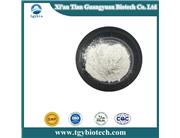

Vitamin B12 also called cobalamin, is a water- soluble vitamin with a key role
in the normal functioning of the brain and nervous system, and for the formation of blood. It is one of the eight B vitamins. It is normally involved in the metabolism of every cell of the human body, especially affecting DNA synthesis and regulation, but also fatty acid synthesis and energy production. Neither fungi, plants, nor animals are capable of producing vitamin B12. Only bacteria and archaea have the enzymes required for its synthesis, although many foods are a natural source of B12 because of bacterial symbiosis. The vitamin is the largest and most structurally complicated vitamin and can be produced industrially only through bacterial fermentation-synthesis.

1. Vitamin B12 can resistance to fatty liver, promote storage of vitamin A in liver.
2. Vitamin B12 Promote cell mature and body metabolism.
3. Vitamin B12 participates in the manufacturing of bone marrow RBC ,so it can be the treatment of pernicious anemia.
4. Vitamin B12 increases folic acid utilization rate, promote carbohydrate, fat and protein metabolism.
5. Vitamin B12 can promote methyl transferase.
6. Vitamin B12 can Promote the development and maturation of red blood cells, so that the body hematopoietic function in a normal state, the prevention of pernicious anemia; maintain a healthy nervous system.
7. Vitamin B12 has the function of activate amino acids and promote the biosynthesis of nucleic acids, can promote protein synthesis,it plays an important role for growth and development of infants and young children.
8. Vitamin B12 can metabolize fatty acids and make fat, carbohydrates, protein can be properly used by body.

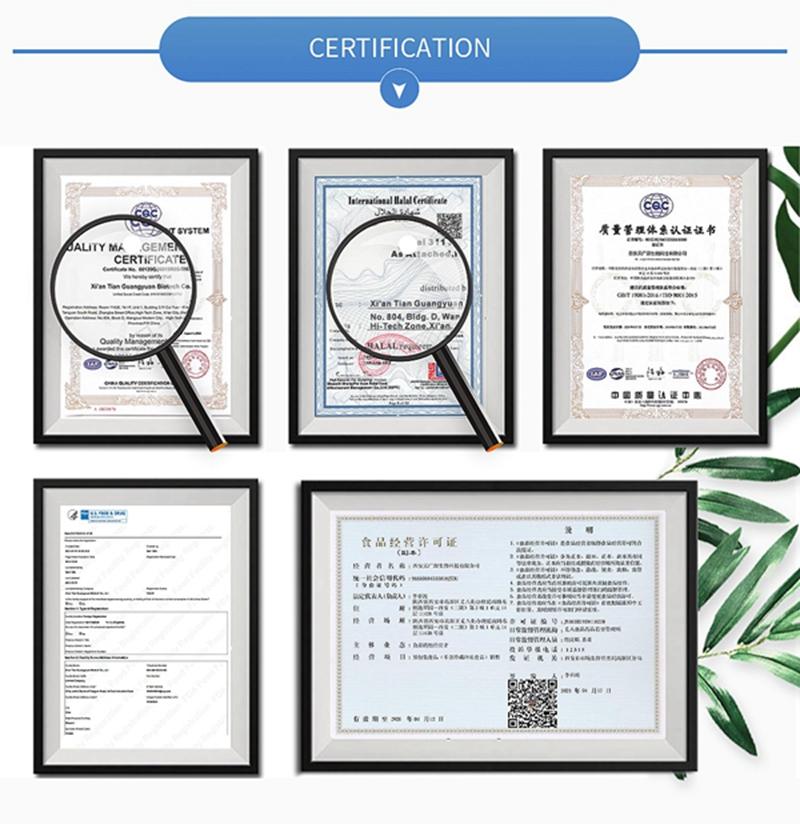

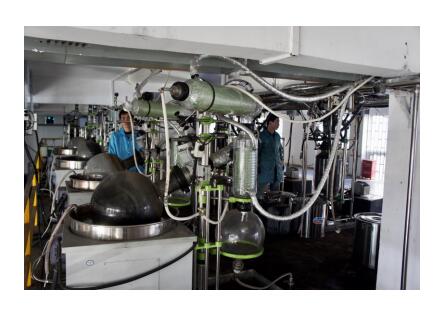


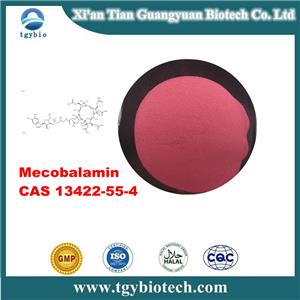
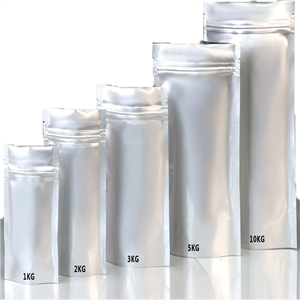
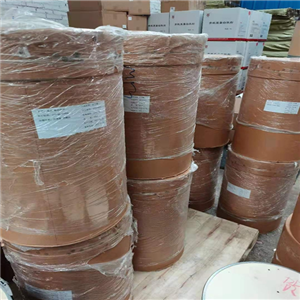
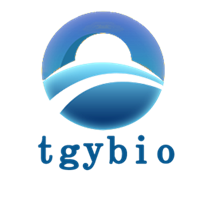
 China
China







